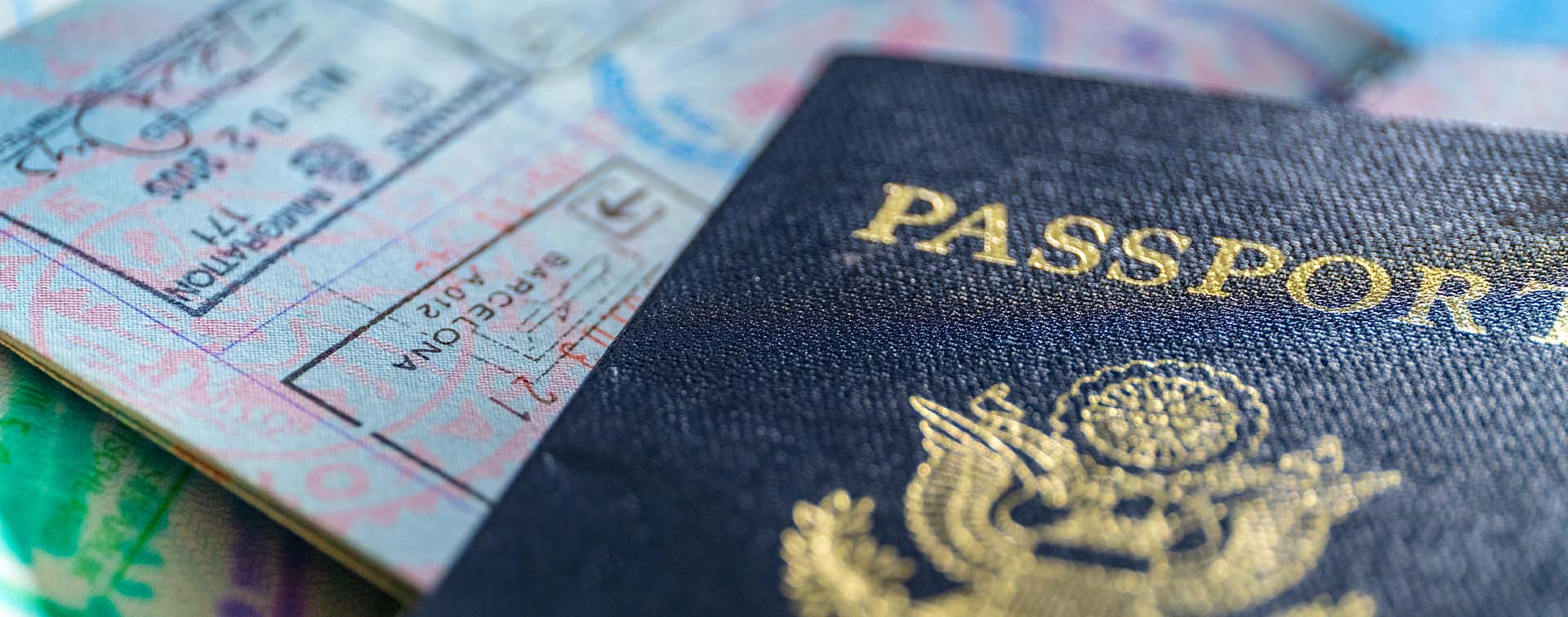
Prof. Peter J. Spiro is Charles Weiner Professor of Law at Temple University Law School.
As Donald Trump’s young second presidency unfolds in a historically erratic fashion, one thing is clear: Americans are coming to appreciate the value of an extra passport. In 1935, Nobel laureate Sinclair Lewis published a dystopian novel entitled It Can’t Happen Here. The work posed the specter of a fascist US government, the fear again for some today. For others, the specter might be economic turbulence, civil disturbance, a breakdown of governmental order. Whatever one’s anxiety, there is a growing sense that the USA no longer offers the kind of stability that has long been a hallmark of its global profile.
US citizenship remains a valuable status. But it’s not good enough as a standalone. In coming years, more Americans will be acquiring additional citizenships in whatever way they can. Multiple citizenship is being normalized in American society. While it may be a bit of an exaggeration, as one social media poster recently put it, “dual citizenship is the new American dream”.
This is a remarkable turn. A century ago, dual citizenship was considered a moral abomination, akin to bigamy. It wasn’t illegal, but holding an extra nationality put one’s US citizenship at serious risk. Fifty years ago, it remained an anomaly. Some Americans had the status with a limited number of other countries (the UK, for example, or Switzerland), but it wasn’t something to brag about.

With the end of the Cold War and rising global acceptance of dual citizenship, more Americans began to gain the status. Most naturalization applicants, for example, retained their citizenship of origin when they became Americans. This resulted as certain other states, such as Mexico, allowed their native-born to retain their original citizenship if they acquired it in another country. Many of those born in the USA to parents who were not US citizens were dual citizens at birth — entitled to that of their parents and that of the USA. But dual citizenship remained a curiosity. Few had any reason or interest in seeking it out. Why bother? A US passport was the gold standard, and the American Dream was still at home.
How things have changed.
A growing number of Americans are moving aggressively to secure additional citizenships. Trump 2.0 has further incentivized many to explore opportunities for citizenship on the basis of ancestry in such countries as Ireland, Italy, Poland, and Greece. Descendants of Holocaust victims are pursuing “restoration” of citizenship in Germany, Austria, and elsewhere. Boutique law firms have sprung up to meet the demand, helping applicants navigate sometimes complicated documentary and other hurdles. But retaining legal assistance no longer seems like too high a price to pay. Beyond passport application fees and the like, these programs are otherwise effectively free.
There may be now an added urgency in applying for this form of ancestral citizenship. It’s possible that a backlash may develop within granting states. As more people apply for citizenship by descent, the concept becomes more visible, which does not always have positive outcomes. Some oppose citizenship being granted to those who don’t otherwise identify with a country. Administrative resources must be allocated to processing applications. Italy recently moved to scale back eligibility. Spain and Portugal have curtailed programs for descendants of Sephardic Jews expelled during the Inquisition. Citizenship laws are mutable. Just because one is eligible today doesn’t mean that one will be tomorrow.
For those shut out of citizenship by descent, there is growing interest in citizenship by investment. Unlike Chinese and Middle Eastern nationals, and holders of other relatively disadvantaged passports in terms of travel freedom, US citizens are less likely to be interested in additional citizenship for purposes of global mobility. The USA may not be the stable democracy it once was, but a US passport will still facilitate visa-free entry into most countries of the world. Motivated by political and economic risk insurance, Americans will be attracted to EU and similarly developed countries, places to which they could imagine permanently relocating without much social or cultural adjustment.
Investor citizenship programs in those countries are expensive, of course. But there are now many wealthy Americans — more households with sufficient assets to secure citizenship by investment. There is an understanding that, for the most part, these programs involve investments, not a purchase. Citizenship becomes part of a return on an asset that should be recoupable. So one doesn’t have to be ultra-high-net-worth in order to consider the option.
But these programs are also tightening their requirements. Portugal has long been popular — a golden visa with a relatively unobstructed path to citizenship, requiring only seven days annual residence on average over five years in order to establish eligibility to naturalize. Until October 2023, the Portugal Golden Residence Permit was available in return for a real estate investment of as little as EUR 280,000 — with which one would also have a residential property for personal use. But after foreign buying related to the visa program was perceived to have inflated the market for locals, the domestic real estate option was eliminated. Today, a minimum EUR 500,000 investment is required in a private equity or other designated fund (or a EUR 250,000 contribution in support of artistic production or in the recovery or maintenance of national cultural heritage), and processing times now exceed two years. As with the rules for ancestral citizenship, investor programs can be fluid, and increased demand could result in adjustments.
The second Trump administration has introduced a sense of urgency for those who fear the worst, or at least the possibility of the worst. The American understanding of citizenship is being transformed. Of course, Trump’s anti-immigration efforts make holders newly appreciate the value of US citizenship, which includes the absolute right to live and work in the USA. But that right isn’t enough these days. Many Americans won’t feel fully secure until they have not just the right to stay but also the right to leave.